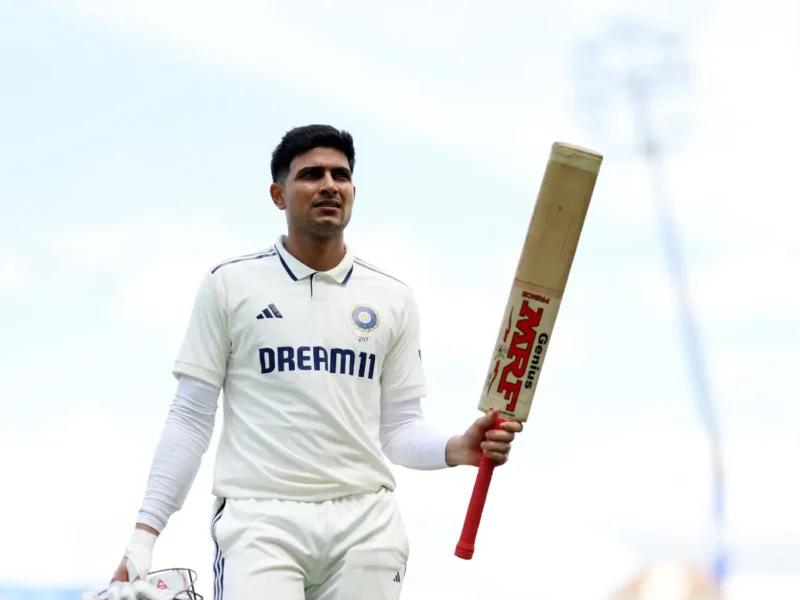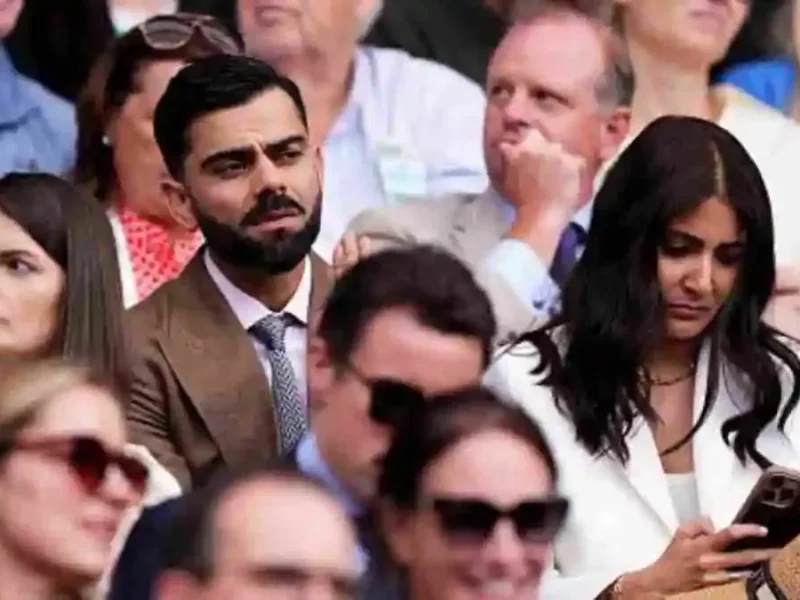
Army Chief Underlines Lessons for Indian Forces From Ukraine Crisis
NEW DELHI, (IANS) – Battle of narratives, prolonged and conventional war, realignment and new alliance are some of the lessons which the India military has learnt from the ongoing Russia-Ukraine war, Indian Army Chief, General Manoj Pande, said on May 9.
Stating that the Russia-Ukraine war holds important lessons for the Indian security forces, Pande pointed out that the immediate impact is on the supply of certain defense spare parts and ammunition.
The officer said that the first and foremost is the relevance of conventional war where various weapon platforms like artillery guns, tanks, air defense systems and others were deployed in one form or the other.
“The other lesson is that a war is not necessarily short and can prolong like the Russia-Ukraine conflict,” Pande said.
The Army chief pointed out that another lesson for the Indian military is to be “self-reliant” in terms of armament, equipment and weapons.
“We are dependent on certain weapons systems like the air defense system, tanks and others on Russia and Ukraine,” he said.
He said the military needs to increase self-reliance and reduce dependency on other countries.
“We have already started work in keeping with the ‘Make in India’ initiative,” he said.
The immediate impact of the Russia-Ukraine war on India is the supply of spare parts and ammunition to a certain extent. However, the Indian military has adequate storage, he said.
India is also looking for alternate sources of these items from other friendly countries, Pande said.
As per the Army chief, another important aspect that the forces have learnt is non-combat warfare in the cyber and information domain.
In the Russia-Ukraine war, battle of narrative is used to gain advantage over the adversaries.
Talking about change in the geo-political situation, Pande said the force is monitoring the situation closely in terms of realignment and new alliance.
“We have to ensure that our attention doesn’t get diverted from Afghanistan and the Indo-Pacific regions. We keep monitoring the situation at the national level,” he said.




